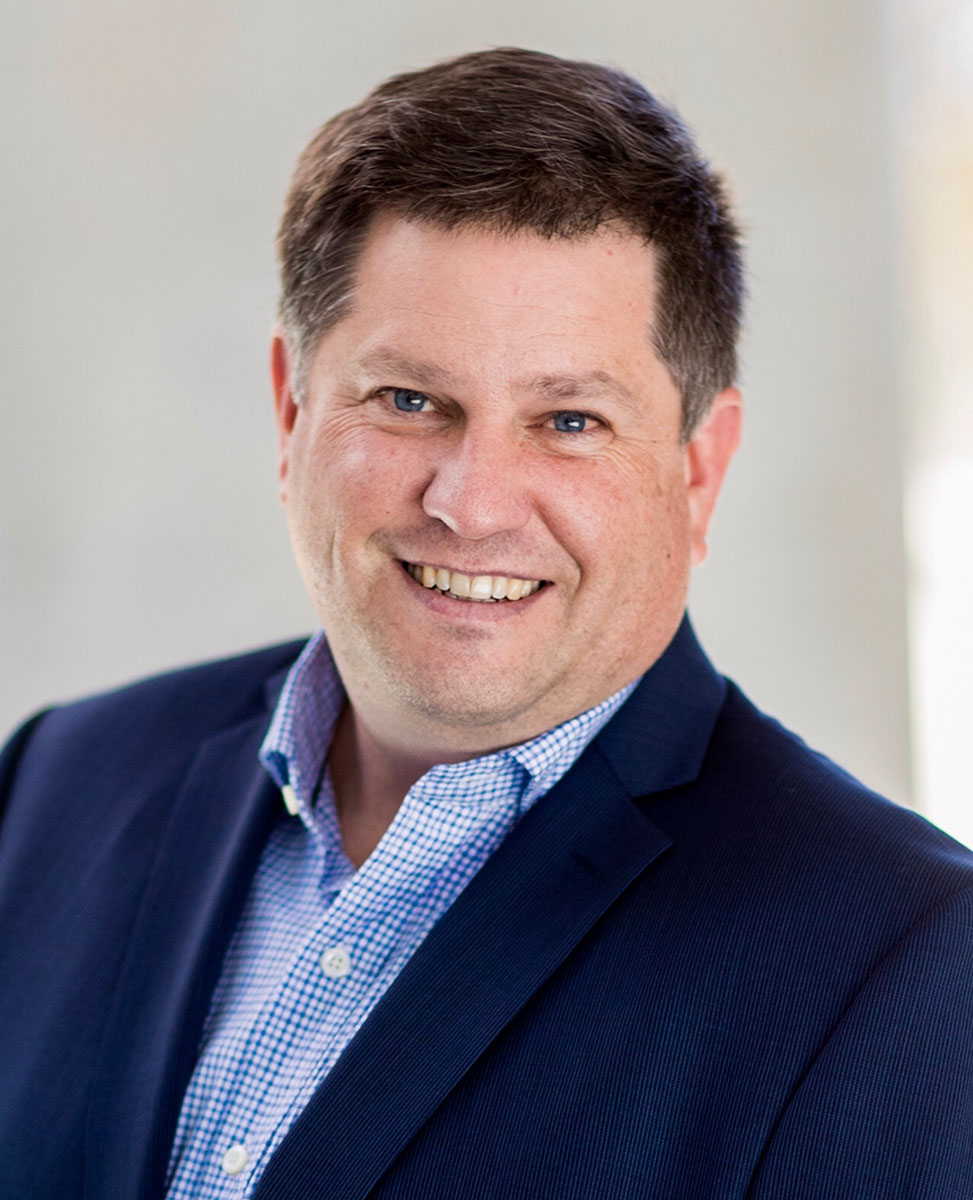Philip E. Dawson
Philip E. Dawson is a Professor in the Department of Chemistry at Scripps Research, La Jolla, CA, and served as Dean of the Skaggs Graduate School of Chemical and Biological Sciences from 2017 to 2024. He earned his A.B. in Chemistry from Washington University in 1992 and completed his Ph.D. at Scripps Research under the mentorship of Steve Kent in 1996. Following postdoctoral research at Caltech with Harry Gray and Tom Meade, he returned to Scripps as an Assistant Professor in 1997. Throughout his career, he has trained a diverse group of undergraduate, graduate, and postdoctoral scholars, many of whom have gone on to lead successful careers in academia, biotechnology, pharmaceuticals, and law.
Professor Dawson is renowned for pioneering chemoselective ligation methods for macromolecule synthesis and modification, advancing the study of biological systems. His laboratory has created a powerful platform for the total and semi-synthesis of proteins, employing techniques such as native chemical ligation, chemoselective desulfurization/deselenization, and the development of innovative linkers for generating C-terminal thioester peptides. These methods have enabled synthetic access to N-linked glycoproteins, protein catenanes, backbone-modified proteins, and enzymes.
In addition, the Dawson lab has contributed to advances in aniline catalysis for bioconjugation, and developed robust methods for synthesizing macrocyclic, stapled, and stretched peptides. Recent work has focused on the role of non-covalent adsorption in manipulating peptides, proteins, and oligonucleotides in non-polar organic solvents, with potential applications in peptide/protein mimetics, antisense oligonucleotides, and DNA-encoded libraries.
Professor Dawson has held prominent leadership roles in the scientific community, including serving as President of the American Peptide Society, on the Board of Directors for FASEB, and as co-chair of the 22nd American Peptide Symposium. He has also chaired the Peptide Therapeutic Foundation and the Gordon Research Conference on the Biology and Chemistry of Peptides. With over 200 publications to his name, he has received numerous accolades, including an Alfred P. Sloan Foundation Fellowship, the APS Vincent du Vigneaud Award, the Max Bergmann Kreis Gold Medal, the EPS Zervas Award, the RSC MedImmune Protein and Peptide Science Award, the JPS Akabori Memorial Medal, the CPS Cathay Award, and the ACS Cope Scholar Award.


